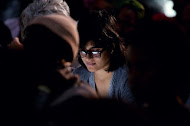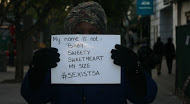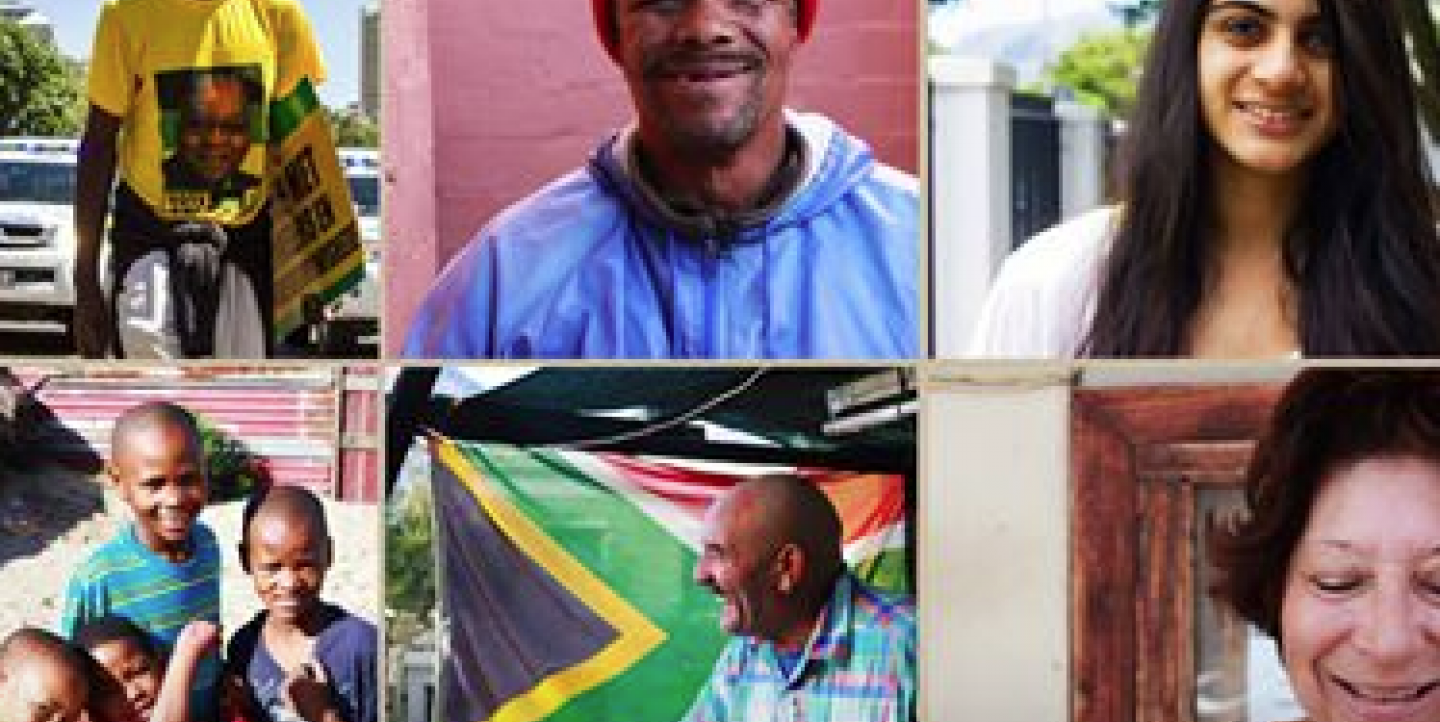Even though South Africa’s census data shows youth makes up 59 percent of a 51.7 million population, news operations that cater exclusively to a young demographic are rare.
Now a news site has stepped in to fill this gap. Founded by journalists Khadija Patel and Azad Essa, The Daily Vox offers hard news, satire, news analysis, cartoons, feature articles and opinions – all written by young people for young people.
“Our experience of the youth market is that these people feel that traditional news media doesn’t speak to them at all. Young people feel alienated from the news,” Patel said.
The Daily Vox launched on the country’s Youth Day on June 16, 2014, with Managing Editor Faranaaz Parker, former Mail & Guardian reporter, leading the day-to-day operations and upholding a focal aspect behind the site - creating a platform where young journalists can get on-the-job training so they can comfortably transition into mainstream newsrooms.
“The biggest goal for us is to work with young people with potential and to give them the kind of hands-on training that bridges the gap between the classroom and the newsroom,” Patel said.
The "juniorization" of newsrooms in South Africa is well documented, and academics from local journalism schools point out that the country’s commercially-driven media has cut back on both staff and training. As a result, they say, the investment in journalism education by South African media companies is minimal.
“There’s a great demand in South Africa for people who are tech-savvy, but there’s a lot less resource for training in journalism than there used to be," Patel said. "Despite this, young journalists are expected to hit the ground running because fewer staff means newsrooms are under pressure. There simply isn’t the space or time to train journalists in the day-to-day handling of the news at most media companies."
Grooming good journalists does mean that writers progress and move on to bigger titles, which gives The Daily Vox a revolving front door, but it’s not as though the founders and editors mind.
 The site knows it is a training ground, and a couple of young journalists have already found good positions elsewhere – one with an African media research company, another is now an intern at a top regional newspaper.
The site knows it is a training ground, and a couple of young journalists have already found good positions elsewhere – one with an African media research company, another is now an intern at a top regional newspaper.
“It isn’t always easy working with people who don’t have experience,” Parker said, but explains that mentoring, on-the-job training and lots of communication via chat tools fill the gap. Stories that require more work aren’t just handed back to writers with the editor’s notes – discussions take place on Skype or through instant messaging apps, and Parker says workshopping stories-in-progress will be a big feature going forward.
“We find people who love to read and who are critically engaged in news are better writers,” Parker said. “We teach our reporters the different forms of writing, how to sum up an argument for example or to put a conflict or the nub of a story at the beginning,” she said. Writers approach the site for work and the team puts the word out on social media when The Daily Vox is on the hunt for new talent.
The independently funded site originally began as South Africa Votes 2014, aimed at giving younger voters a voice about the issues that matter to them most during the May 2014 general election.
“We wanted to create a platform that would speak about the election from a street view, particularly from a young person’s point of view,” Patel said of the site’s launch in early 2014. “What we read about in the newspapers is mostly personality politics, but the lived experience on the street, that is very different from the trading of statements by politicians,” she said.
To fuel this focus on bringing citizens’ voices into the news, the site created a presence on chat app WhatsApp, opening a channel for South African citizens to submit their thoughts and feedback.
As the election results flooded into an electoral center in Pretoria, a young politician approached Patel and asked about the future of the project. “It would be a pity for it to end here,” the politician told Patel. “It has been an injection of fresh air into the way politics are covered in South Africa." The operation was also featured on Al Jazeera, Voice of America, as well as the country’s public broadcaster, the South African Broadcasting Corporation.

Though politics were the cornerstone of the site, The Daily Vox also digs into social issues that prompt youth to act and participate. For example, the team began a series to raise awareness of sexual abuse and street harassment in the city. Continuing to fold in readers’ perspectives into its coverage, the staff created hashtag #sexistSA to drive social media conversation that helped to elicit leads for stories that contribute to the series.

